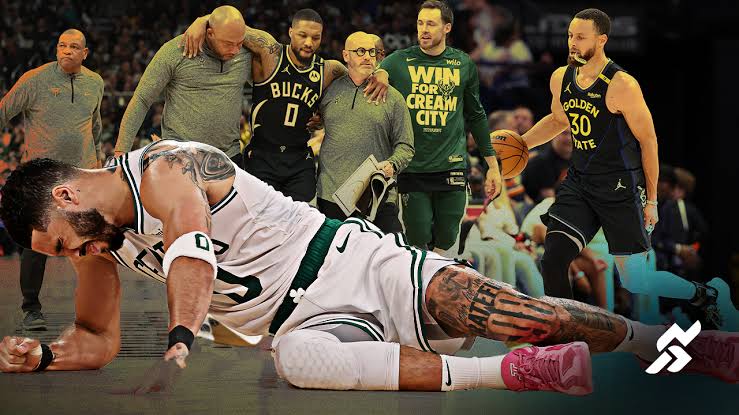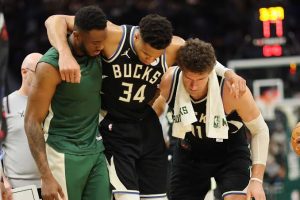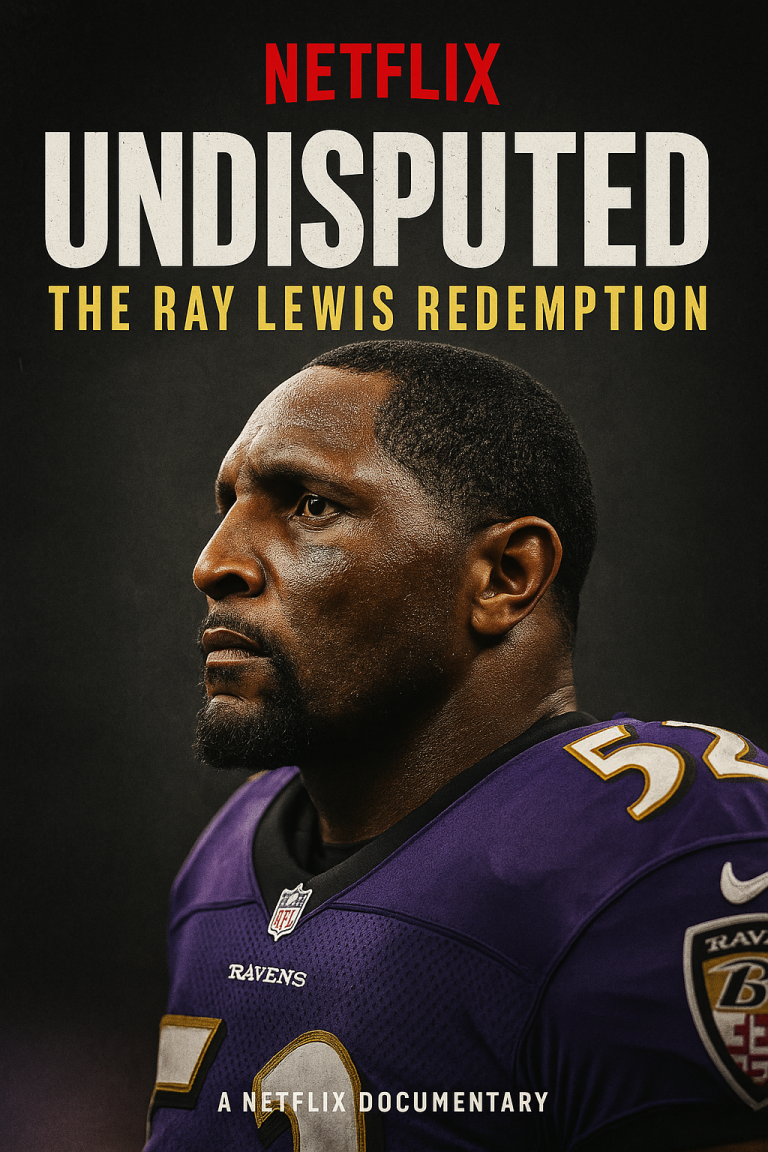
The Boston Celtics entered the 2025 NBA Playoffs as strong contenders to repeat as champions. With a 61-win regular season, boasting the league’s second-best defense and third-best offense, few doubted their potential for another deep postseason run. Yet, just like the five defending champions before them, the Celtics saw their season end prematurely — this time in the second round at the hands of the New York Knicks.
What unfolded over the course of the series was a dramatic collapse fueled by untimely injuries, illness, and mental lapses. Boston opened the series with back-to-back games in which they surrendered 20-point leads — an uncharacteristic display of unraveling under pressure. These early meltdowns set the tone for what would become a turbulent and ultimately doomed playoff campaign.
Then came the turning point. In Game 4, disaster struck when franchise cornerstone Jayson Tatum went down with a ruptured Achilles tendon. The loss of their All-NBA forward was a devastating blow, both emotionally and strategically. From that moment, the Celtics were visibly deflated and simply lacked the firepower to hang with a surging Knicks squad eager to end their decades-long conference finals drought.

Despite the mounting adversity, Celtics players remained determined. At Friday morning’s shootaround ahead of the elimination game, Payton Pritchard voiced the team’s desperation to stay alive: “We don’t want our season to end. I think there’s nothing worse than having to go home, sit at home, and not play basketball right now. So we’re gonna do everything we can to keep that alive.”
Unfortunately, those words would not translate into action. Without Tatum, Boston couldn’t mount a serious challenge in Game 6. Facing a raucous Madison Square Garden crowd, the Celtics fell behind early and never recovered, trailing by as many as 41 points in a blowout loss that sealed their fate.
“Extremely tough night for us,” said Kristaps Porzingis, whose own postseason was hampered by illness and lingering lower-body soreness. “It felt like nothing was going our way.”
Injuries had begun to take their toll well before the playoffs. Jaylen Brown dealt with a nagging right knee impingement that sidelined him for 11 games after the All-Star break. Though he returned for the postseason, he clearly lacked his usual explosiveness — often choosing layups over his trademark dunks, a subtle but telling sign of his limited mobility.
The Celtics’ second-round exit marks a stunning and abrupt end to a season that once seemed destined for greatness. Despite flashes of brilliance, they were ultimately undone by a combination of misfortune and mental fragility — a painful reminder of how quickly the tide can turn in the unforgiving world of playoff basketball.



